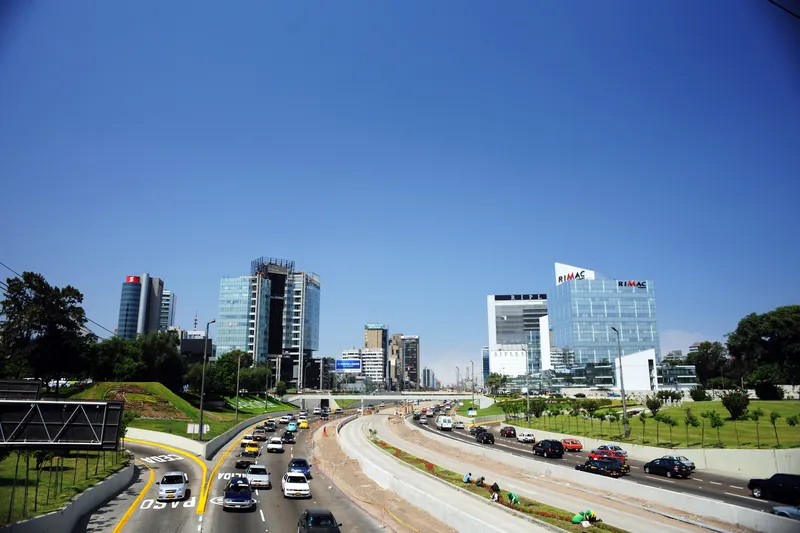
Vinci Highways firm Lima Expresa has introduced an automatic incident detection system on Vía de Evitamiento and Vía Expresa Línea Amarilla in Peru's capital, Lima.
It is the first of its kind in the country, leveraging AI and advanced data analytics to improve road safety and increase road operations efficiency.
Lima Expresa is using real-time road traffic monitoring solution Lanternn by Valerann, which detects over 95% of all road incidents in under five minutes, using data from cameras and roadside infrastructure as well as Waze and Google Maps.
There are currently 200,000 vehicles per day on the route, and the number of road incidents this year will reach 14,000 — up 17% from 12,000 in 2022.
"Between 2016 and 2022 we achieved a 70% reduction of serious accidents, and with the strategic use of latest technology, we hope to further reduce the rate of accidents on our roads," says Janis Rey, CEO of Vinci Highways and general manager of Lima Expresa.
"Our collaboration with Lima Expresa is more than just a collaboration; it's a commitment to saving lives," says Gabriel Jacobson, CEO and co-founder of Valerann.









